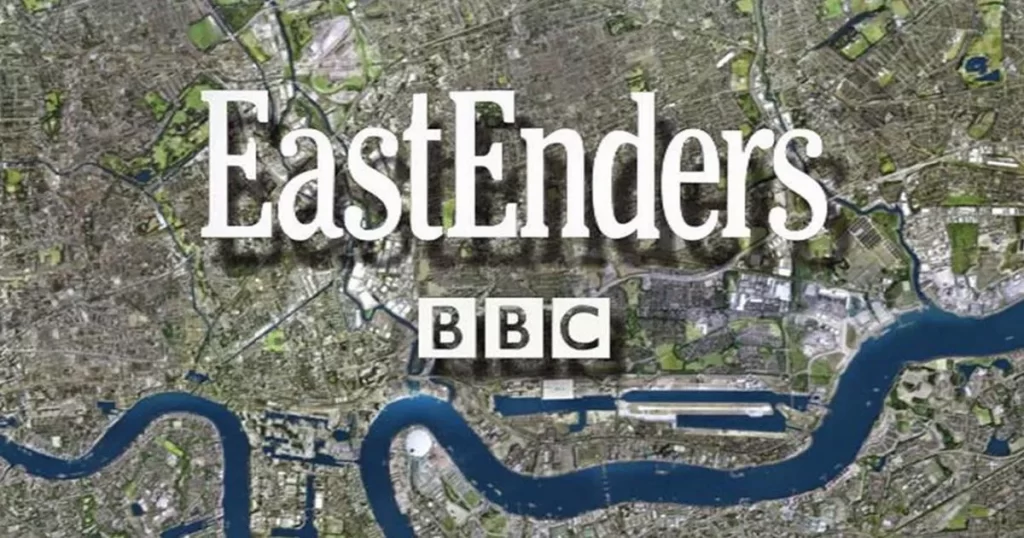Video LoadingVideo UnavailableClick to playTap to playThe video will auto-play soon8CancelPlay nowGet daily celeb exclusives and behind the scenes house tours direct to your inboxMore Newsletters SubscribePlease enter a valid emailSomething went wrong, please try again later.More NewslettersWe use your sign-up to provide content in ways you’ve consented to and improve our understanding of you. This may include adverts from us and third parties based on our knowledge of you. More infoThank you for subscribing!We have more newslettersShow me See OurPrivacy Notice See OurPrivacy Notice×Group 28 Get daily celeb exclusives and behind the scenes house tours direct to your inboxInvalid emailSomething went wrong, please try again later.Sign UpNo thanks, closeWe use your sign-up to provide content in ways you’ve consented to and improve our understanding of you. This may include adverts from us and third parties based on our knowledge of you. More info×Group 28Thank you for subscribing!We have more newslettersShow MeNo thanks, closeSee our
Privacy Notice When EastEnders first travelled across the Irish Sea 18 years ago, it found itself at the centre of criticism by many of its viewers that believed Ireland was painted in a negative manner. In 1997, three episodes set in Ireland featuring rowdy party-goers and seemingly wild animals roaming the streets sparked a public backlash. The scenes followed Pauline Fowler, played by Wendy Richard, as she visited her long-lost half-sister, Maggie Flaherty. Many Irish viewers were offended at the way Ireland and its people were portrayed after the show aired scenes depicting cows, sheep and donkeys wandering around a street, a menacing drunk, an unhelpful hotelier and resentful locals.
Wendy Richard’s character Pauline Fowler (pictured in 1987) was visiting her long-lost half sister in the episode from 1997
(Image: BBC)
Read More
Related Articles
EastEnders fans pay tribute as legend Roberta Taylor dies aged 76
Read More
Related Articles
How to buy last-minute tickets for Taylor Swift’s Eras Tour in London
The BBC received “a number of calls” over the episode, according to a spokeswoman for the programme. Meanwhile, Ireland’s national broadcaster RTE received six calls, even though it did not air the programme at the time. Some of the calls were from British people, a spokesperson said. The controversy was discussed on Morning Ireland, where John Boland, the Irish Independent television reviewer, highlighted how the programme’s quality dipped when it moved from its London location. There were also numerous calls to phone-in programmes, including The Pat Kenny Show, with listeners dialling in to voice their objections. The Irish Ambassador to Britain described the show’s portrayal of Ireland as “prejudiced”. In response, the BBC issued a statement saying: “We are sorry if we have offended Irish people and we had no wish to misrepresent them.” Over the years, EastEnders have received numerous complaints about different plots.
The baby swap storyline received 14,000 complaints
The infamous baby swap storyline involving Ronnie Branning and Kat Moon resulted in a whopping 14,000 complaints from viewers. It unfolded as both women gave birth on New Year’s Eve in 2010, but tragedy struck when Ronnie and Jack Branning’s son James died suddenly of sudden infant death syndrome the following day. In her grief-stricken state, Ronnie discovered her baby lifeless in his cot and made the desperate decision to swap him for Kat’s son Tommy. This storyline became one of the most controversial in the soap’s history, with many viewers criticising the ‘distressing’ scenes.
Ronnie Branning swapped her baby for the dead son of Kat Moon in EastEnders
(Image: BBC)
Eventually, Tommy was returned to his mother Kat, portrayed by Jessie Wallace, and Ronnie (played by Samantha Womack) ended up behind bars for child abduction. Over 13,000 viewers lodged complaints with the BBC, while Ofcom received more than 1,000. Campaigners raising awareness for sudden infant death syndrome also criticised the episodes for their over-dramatisation. However, Ofcom cleared the soap of any wrongdoing, stating that the scenes were not ‘unduly disturbing or graphic’. EastEnders airs on Mondays to Thursdays at 7.30pm on BBC OneStory SavedYou can find this story in My Bookmarks.Or by navigating to the user icon in the top right.Follow OK! MagazineFacebookTwitterCommentMore OnEastEnders












